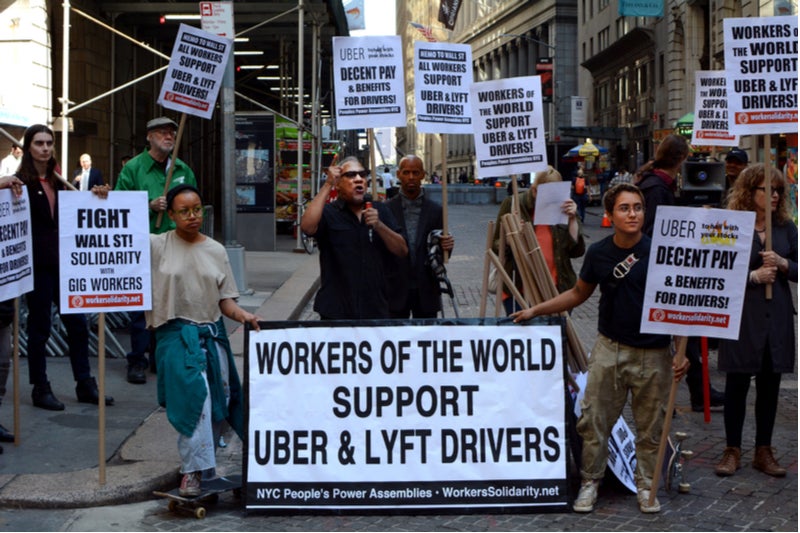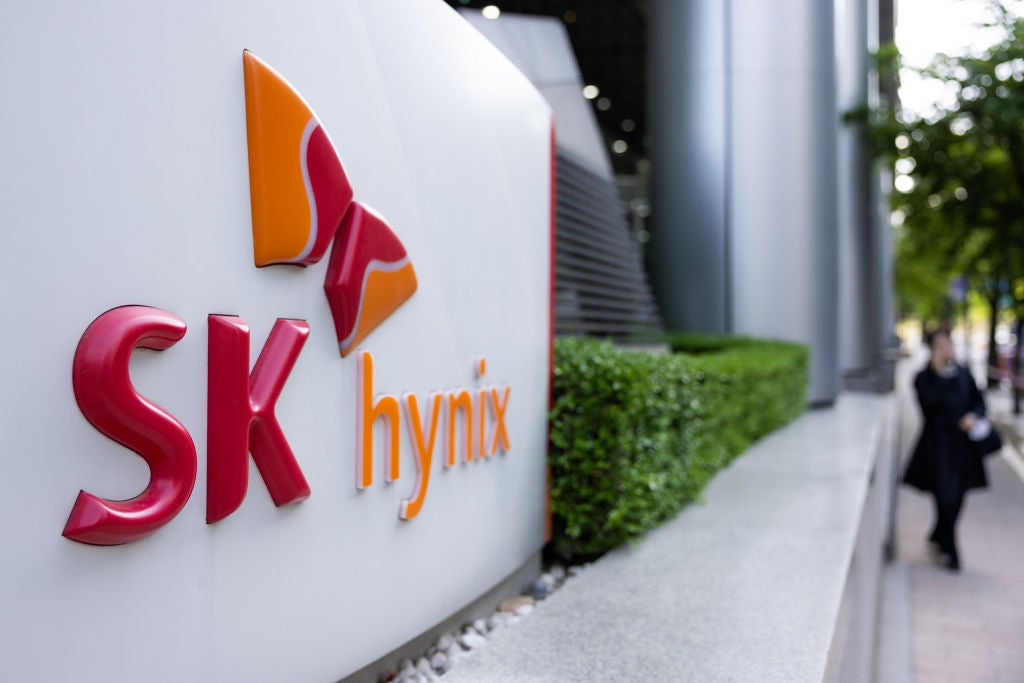
Ongoing US demonstrations in California, point to a growing conflict between Silicon Valley giants Lyft and Uber, and the thousands of drivers who are now starting to insist on employee status, a living wage and associated benefits, as well as the right to collectively organise. For the dotcom industry, the stakes are high.
When Uber set out to disrupt the taxi business with a peer-to-peer ridesharing model, it didn’t give a whole lot of thought to employee rights.
Gig economy: back to basics for Lyft and Uber?
And neither did the scores of sharing economy dotcom start-ups that followed in its slipstream of rapid, runaway success. Uber is one of the highest-profile Silicon Valley ‘unicorns’ set to go public the year, although opinion on its expected valuation has been somewhat volatile of late. Last year, the expectation was that Uber’s valuation would be $120 billion, making it one of the most significant IPOs in financial history. In March of this year, Lyft ended its first day of public trading with a market valuation to $22.2 billion, despite having reported a $900 million loss in 2018.
But success also breeds scrutiny. Ten years on, attitudes are starting to shift, too. IPO valuations of such colossal sizes, from companies with barely a decade in business, also raise awkward questions: What exactly does Uber, and Lyft, contribute to the social pact?
Uber, and its followers in the digital personal transportation industry such as Lyft, now use the services of an estimated five million drivers globally. All of these drivers are classified as independent contractors, not employees.
How well do you really know your competitors?
Access the most comprehensive Company Profiles on the market, powered by GlobalData. Save hours of research. Gain competitive edge.

Thank you!
Your download email will arrive shortly
Not ready to buy yet? Download a free sample
We are confident about the unique quality of our Company Profiles. However, we want you to make the most beneficial decision for your business, so we offer a free sample that you can download by submitting the below form
By GlobalDataThat means these companies – unlike the regulated taxi industry they have effectively disrupted – aren’t burdened with costly employer duties such as minimum wage requirements, health and safety regulations, collective bargaining, sick pay, vacation allowance or pension accounts. A new bill making its way through the California State legal channels aims to challenge all that.
The so-called AB5 bill, which first passed the Californian State Assembly in May and is now slowly making its way to the Senate, could have the effect of forcing such companies to reclassify drivers from independent contractors to employees, with all the employment and wage protection, trade union, overtime, insurance and other benefits that go along with that.
None of which, of course, has been factored into the business plan of the dotcom sharing economy.
On one hand, there’s a strong federal argument for a bill which could help top-up the state coffers. The backers of the bill estimate that the state of California alone loses $7 billion in payroll tax each year as a result of the alleged ‘misclassification of independent employees’. AB5 isn’t limited to dotcom companies, and there’s every reason to assume that with the right kind of support from the right kind of law-makers, the state bill could become federal in a relatively short time-span.
On the other hand, these Silicon Valley stars – the lion’s share of which are based in the state of California – are recognised as the single most important growth story in the US economy today.
Add to that the fact that Uber is preparing to go public. Any major regulation that could up-end Uber or Lyft’s respective business models, both of which rely on independent contractors, may potentially erode what is expected to be one of the most spectacular IPOs of the century.
In response, Uber and Lyft are seeking to forge some kind of ‘compromise’, in the interests of their drivers.
They claim any legislation that would oblige them to upgrade their contractors to employees would also force them to impose safety measures, such as limiting the number of hours that a driver may work at any one time, or even organising ‘shifts’, which – they say – would limit the total earnings these drivers could achieve.
A spokesperson for Lyft has also claimed that, should the company be forced to reclassify its contractors, it would require ‘only a fraction’ of the drivers it currently uses – essentially narrowing the earning opportunity for thousands within California alone, never mind across the US. The compromise they envisage would allow them to continue classifying their drivers as contractors, with a limited, and tightly defined layer of employment benefits
The US trade unions in support the ongoing public demonstrations of Uber and Lyft drivers are against any such compromise, although their only associative role here clearly limits their ability to negotiate on behalf of these contractor drivers. Still, they have a modicum of influence, and are encouraging law-makers to refuse to even enter into compromise planning discussions.
The conflict, with so much at stake for the sharing economy, continues.








Related Company Profiles
Lyft Inc